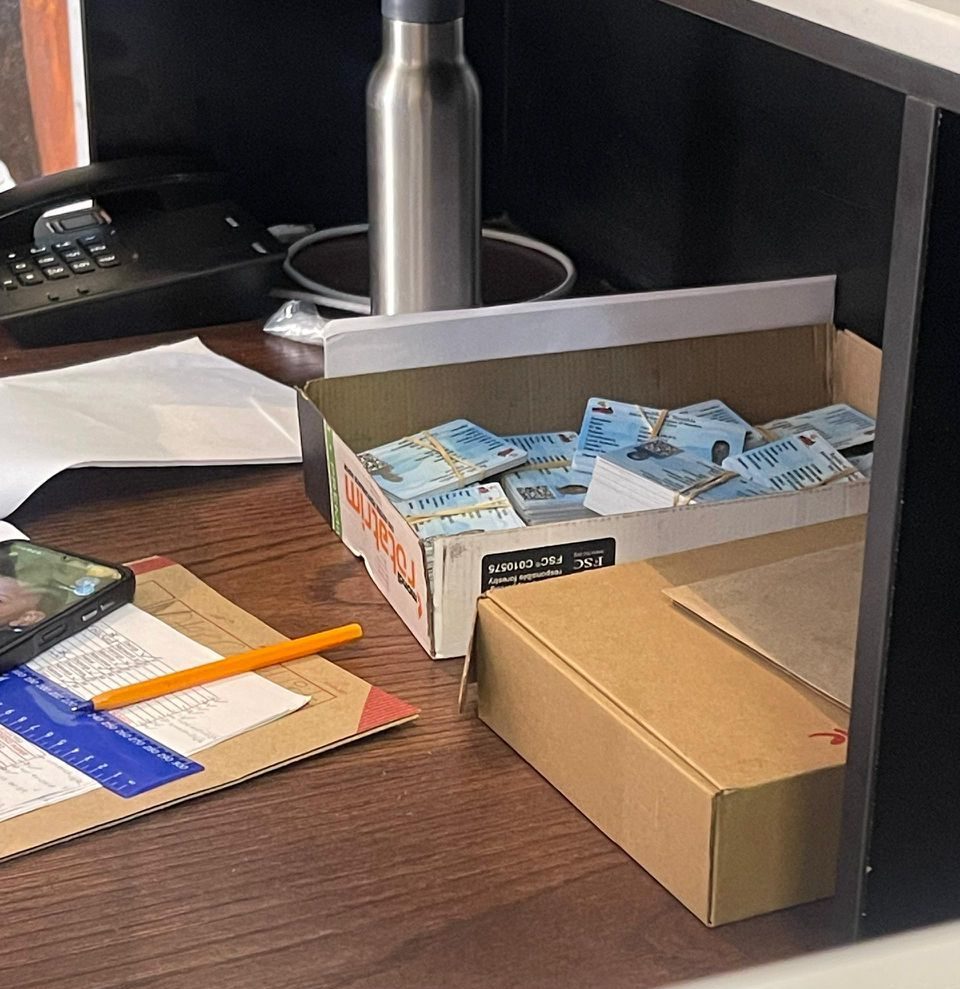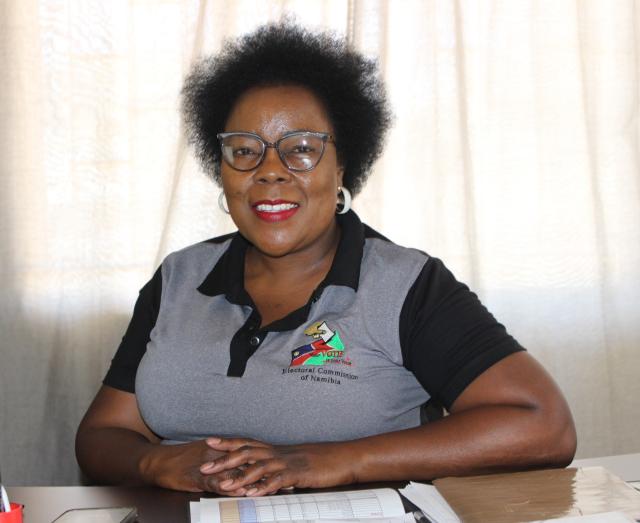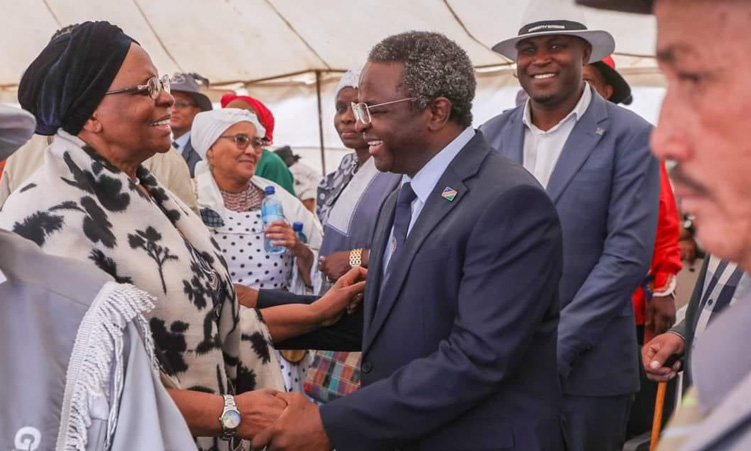Government Institutions Pension Fund (GIPF) chief executive Martin Inkumbi says the blueberry farm at Mashare in the Kavango East region has the potential to expand.
Inkumbi on Friday visited the farm to acquaint himself with the operations at the Rundu regional office and the satellite office in Nkurenkuru.
GIPF invested N$90 million in the blueberry farming project through its unlisted investments portfolio at the Mashare Irrigation Scheme in 2020.
The fund used a local private investment company, Konigstein Capital, which has a 25-year lease agreement, to operate from the scheme.
“We took this opportunity to officially visit some of the projects that benefited from GIPF, particularly the Mashare blueberry project in the Kavango East region. This project made a significant impact since it was implemented in terms of job creation within the region, predominantly in the Mashare community,” Inkumbi says.
He says GIPF has helped the blueberry farm grow.
“I do believe this sector has potential, and there’s hope for expanding since the farm has various types of blueberry. I am pleased,” Inkumbi says.
Inkumbi elaborated on the process of GIPF identifying projects to be funded and monitored.
He says they have two primary expectations.
Firstly, the benefiting projects should earn a return exceeding a fluctuation target rate with four percentage plus.
The second expectation is for the project to positively impact the establishment of industries, the growth of the economy and job creation in the community
Konigstein Capital partner and investment manager Albert Basson says the Mashare blueberry farm is the first commercial berry plantation in Namibia.
“We are currently exporting to Europe, Great Britain and the Middle East, among others. We are in the middle of the harvest season, as the season runs from early June until late November,” he says, adding that the farm employs about 100 permanent employees and 800 seasonal employees during peak season.
Basson says the blueberry farm is currently operating at 60 hectares, but they are expecting to expand it to 90 hectares by next year.
He believes that in the next five years, they can expand it to more than 280 hectares for the farm to be a global competitor in the blueberry sector.
Production manager Cecilia Ambrosius says the pickers are grouped in blocks of 50 to 60 per team, with a team leader, quality controller and scale operator.
Every field cultivated is transported to the store room every thirty minutes due to the temperature.
Stay informed with The Namibian – your source for credible journalism. Get in-depth reporting and opinions for
only N$85 a month. Invest in journalism, invest in democracy –
Subscribe Now!






